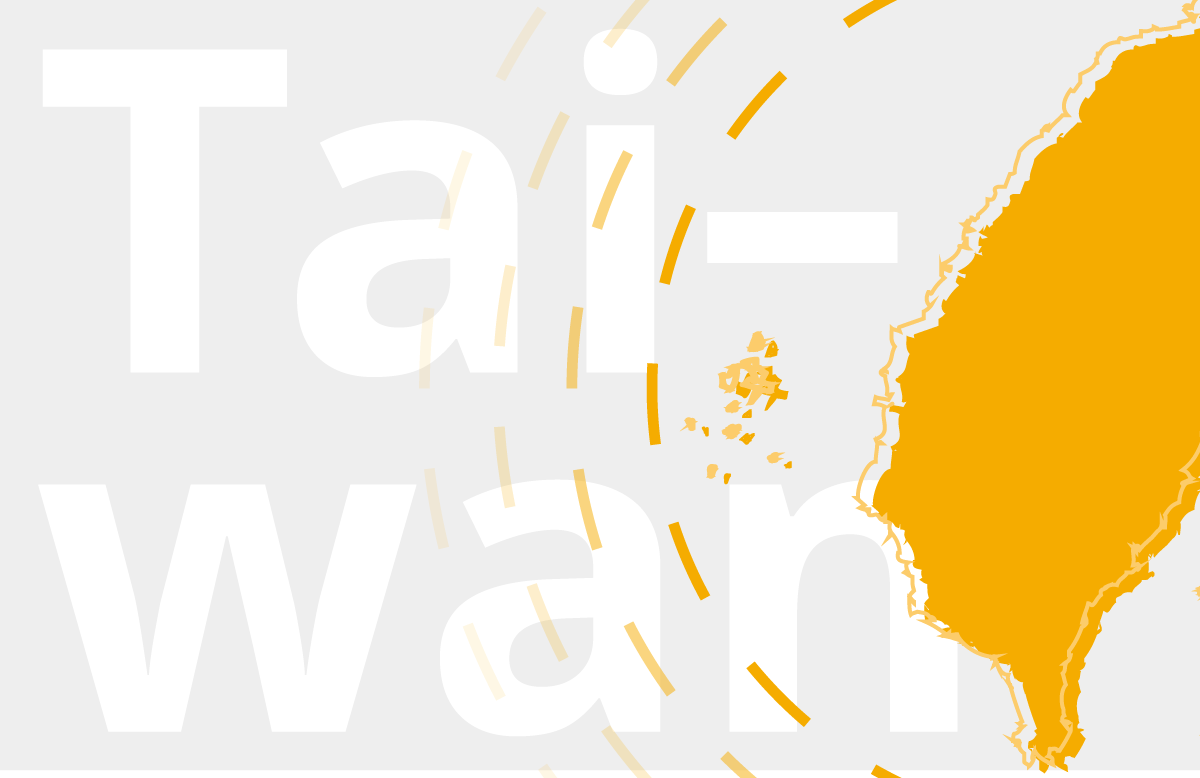The future of a career in the life sciences
A discussion with renowned panelists at the Meeting of the EMBO communities on occasion of the sixtieth anniversary of EMBO
Facts and figures, life scientists in Taiwan, EMBO opportunities
A discussion with renowned panelists at the Meeting of the EMBO communities on occasion of the sixtieth anniversary of EMBO
A new agreement promotes collaboration between life scientists in Europe and Taiwan
Learn about newly elected EMBO Associate Member James Liao and his research
Meet Chih-Yi Gabriela Lin, research scientist at MiNA Therapeutics, London, UK, and former EMBO Postdoctoral Fellow



National Science and Technology Council (NSTC) of Taiwan has been an EMBC/EMBO co-operation partner since 2012.
Taiwan boasts a favourable location, competitive economy, and talented scientific workforce[1],[2]. It has more than 1.2 million students enrolled across nearly 150 higher education institutions[3].
Recognized as a global leader in the IT, semiconductor, and electronics industries, Taiwan also excels in life science fields[4]. It is home to several renowned clusters of excellence with academic and business organizations specializing in areas such as plant and animal science, precision medicine, medical technology, and clinical trials[5].
In 2021 gross expenditure on research and development (GERD) was 3.78% of GDP[6], one of the highest rates in the world.[7] Business enterprise financed 84.2% of GERD expenditure[8].
Major funding agencies include the National Science and Technology Council (NSTC)[9] and the Ministry of Economic Affairs (MOEA)[10], which support academic researchers and SMEs respectively. Taiwan participates in over 100 international research cooperation programmes with more than 40 countries and several international organizations[11]. These include joint research projects, joint conferences, facilities sharing, reciprocal visits, and information exchange. Research institutions have been active participants in the EU’s research framework programmes[12].
There are diverse programmes to foster creativity and interactions between academia and industry[13]. Taiwan implements strong intellectual property protections and patent safeguards[14]. In 2021, 59,476 patents were granted[15].
Population: 23.4 million[15]
R&D spending: 3.78% of GDP[16]
Total researchers: 208,660[16]
Researchers per 1,000 employed: 14.7[16]
Researchers in higher education: ~49,800[17]
Researchers in business enterprise: ~136,300[17]
Researchers in government sector: ~21,900[17]
Higher education institutions: 149 with 1.2 million students[18]
International students: ~130,000[19]
PhD students: 28,907[18]
Publications: 37,596 (Science Citation Index Expanded)[17]
Patents granted: 59,476[17]
Number of SMEs: 1.59 million[20]
Life scientists in Taiwan are eligible for all of the EMBO Programmes. Find out about all EMBO funding schemes here.
All information as of October 2023.
[1] Economist Intelligence Unit Fact Sheet
[2] Carnegie Endowment for International Peace
[3] Government Portal of the Republic of China (Taiwan)
[4] Ministry of Economic Affairs
[5] Biotechnology and Pharmaceutical Industries Promotion Office
[6] National Statistics, Republic of China (Taiwan)
[7] OECD Main Science and Technology Indicators
[8] Indicators of Science and Technology, Taiwan
[9] National Science and Technology Council
[10] Ministry of Economic Affairs
[11] International Cooperation Programmes
[12] European Economic and Trade Office in Taiwan
[13] For example see Taiwan Tech Arenas and Taiwan Clinical Trials
[14] Carnegie Endowment for International Peace
[15] National Statistics, Republic of China (Taiwan)
[17] National Science and Technology Council Statistics Database
A discussion with renowned panelists at the Meeting of the EMBO communities on occasion of the sixtieth anniversary of EMBO
A new agreement promotes collaboration between life scientists in Europe and Taiwan
Learn about newly elected EMBO Associate Member James Liao and his research
Meet Chih-Yi Gabriela Lin, research scientist at MiNA Therapeutics, London, UK, and former EMBO Postdoctoral Fellow